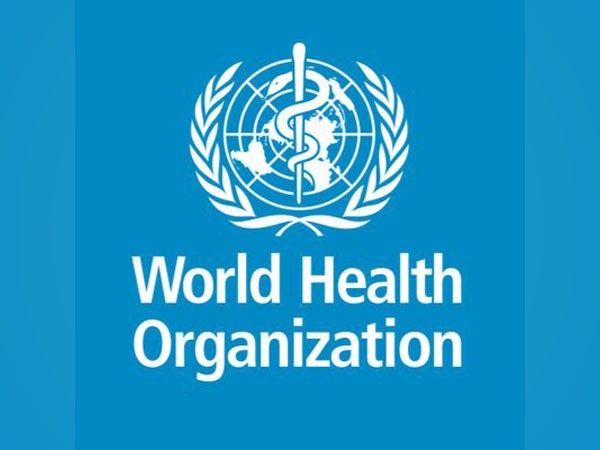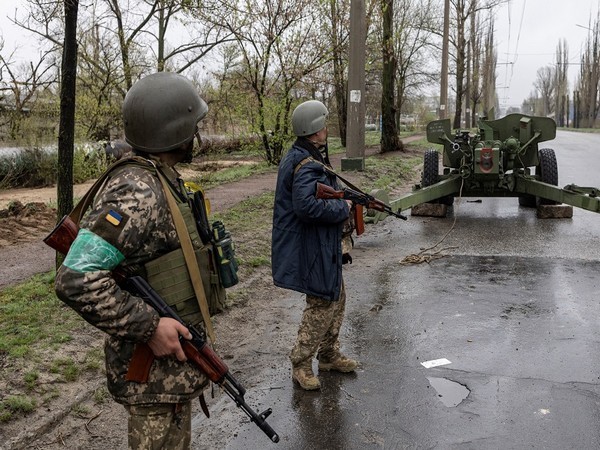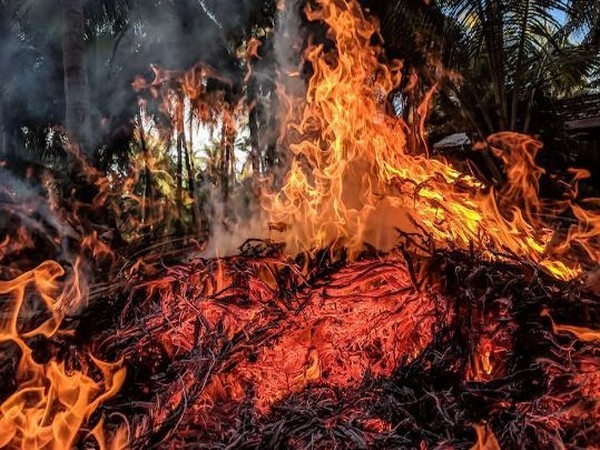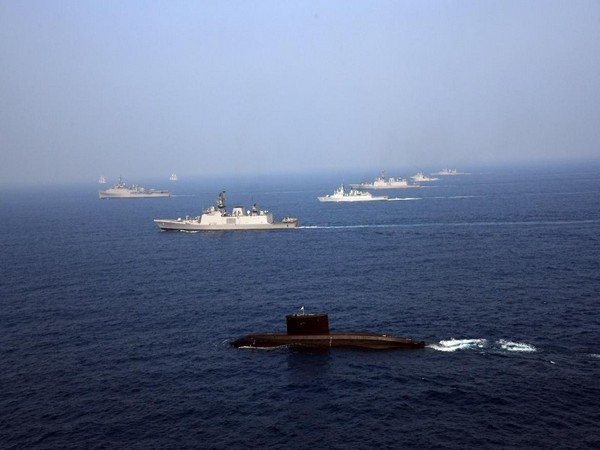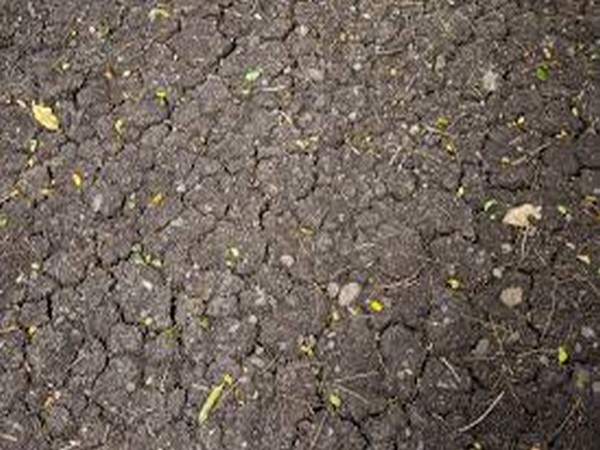
3-year drought persists in Spain's Catalonia
Jan 25, 2024
Madrid [Spain], January 25: Although Atlantic storms regularly sweep through Spain they always seem to peter out before reaching Catalonia, which is experiencing its worst drought in living memory and may soon have to restrict water use.
Ghost villages that were flooded to create reservoirs in this northeastern region are once again emerging because water reserves have run so low. And when the reservoirs fall below 16 p0ercent of their capacity - which seems imminent - the region will declare a state of emergency.
Barcelona and its metropolitan area would likely be the most affected in a move that could reduce water pressure in the homes of its five million residents to bring daily consumption down from 200 liters per person to 160. In Vallirana, a village about half an hour's drive from Barcelona, the 16,000 residents are already familiar with the rigors of reducing usage.
"You can't do the washing up, you can't wash your clothes by putting a load of washing on... you can't even go to the loo because there's no water. It's quite hard to live like this in 2024," said Alex Fonseca as he stood by a water tanker filling up several eight-liter jerrycans to cover his household use. The lack of rainfall has dried up several wells in the village and turned others to mud, and there are many areas that no longer have access to clean drinking water. "In the last two decades, we've never experienced anything like this," Mayor Eva Martinez said.
Crops take hit
Rainfall has been lower than the average in Catalonia for the past three years, with the drought lasting more than twice as long as the previous dry spell of 2008, the regional government says. Global warming is increasing both the frequency and the intensity of droughts that are having an impact on food security that could continue even if the world manages to limit global warming to 1.5 degrees Celsius above pre-industrial emissions.
"Last year, this area lost 100 percent of its grain crops, 90 percent of its fodder and its olive oil," Francesc Bancells, a spokesman the regional farmers' union Unio de Pagesos, told AFP. People versed in the ancient medieval art of water dowsing to find underground water sources are now in heavy demand, says 78-year-old Enric Colom, who has spent a third of his life detecting wells with divining rods and a pendulum.
Part of the problem is that rural areas have been largely abandoned and are no longer being managed, so that uncontrolled undergrowth needlessly absorbs water, adding to the shortages. "An unmanaged forest can retain all of the little rain that falls, meaning the water doesn't end up reaching the watersheds," said Joachim Englert, a German forestry engineer with BOSCAT, the Catalan federation of forest owner associations, which helps manage the Sierra de Collserola mountain range near Barcelona.
Water-guzzling tourism
The Agua Es Vida "Water Is Life" NGO has denounced the regional authorities for failing to regulate tourism and continuing to host major events in Barcelona, both of which consume huge quantities of water. The Catalan government gives water to "farming, livestock, the hotel sector and cities without first thinking how much water we actually have. And this has brought us to the point of collapse," said a spokesman, Dante Maschio.
A project to ship water to Barcelona is under way, but this is little more than a stopgap, said Xavier Sanchez-Vila, head of the civil and environmental engineering department at Catalonia's Polytechnic University (UPC).
During the last drought 15 years ago, boats "brought 20 million liters" of water to the region, but today it needs "a billion liters per day. So, they are only bringing in 2.0 percent of what we need", he said. "And it is very, very expensive."
Catalonia has built desalination plants and adopted other measures but Sanchez-Vila says it is crucial to improve the use of both wastewater and groundwater resources. The other Spanish region struggling with a severe drought is Andalusia, where regional president Juan Manuel Moreno has warned there will be restrictions in cities like Seville and Malaga in summer if the lack of rain persists. "We need 30 days of rain. But real rain, not just drizzle, at least 30 straight days of it," he said. - AFP
Source: Kuwait Times

